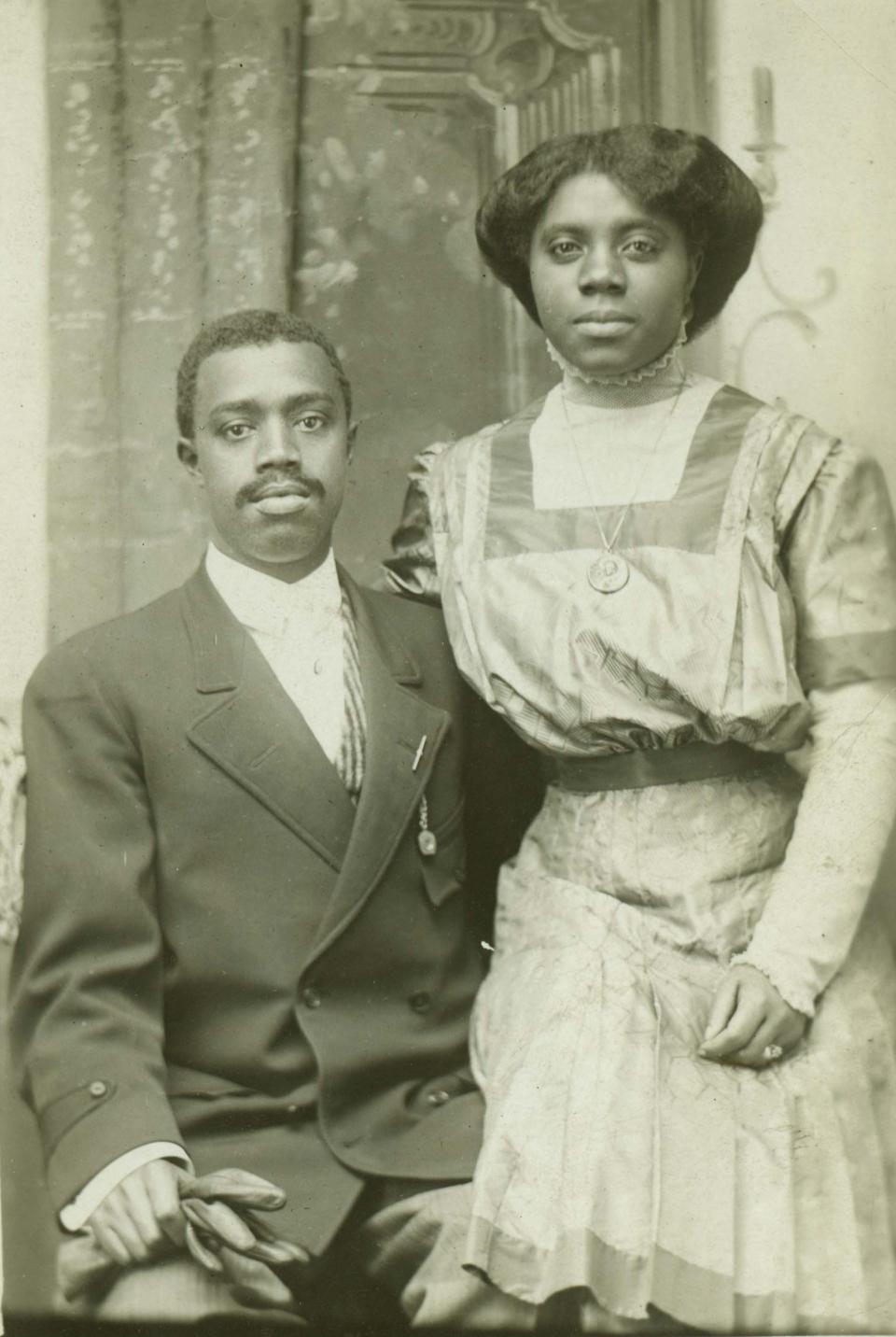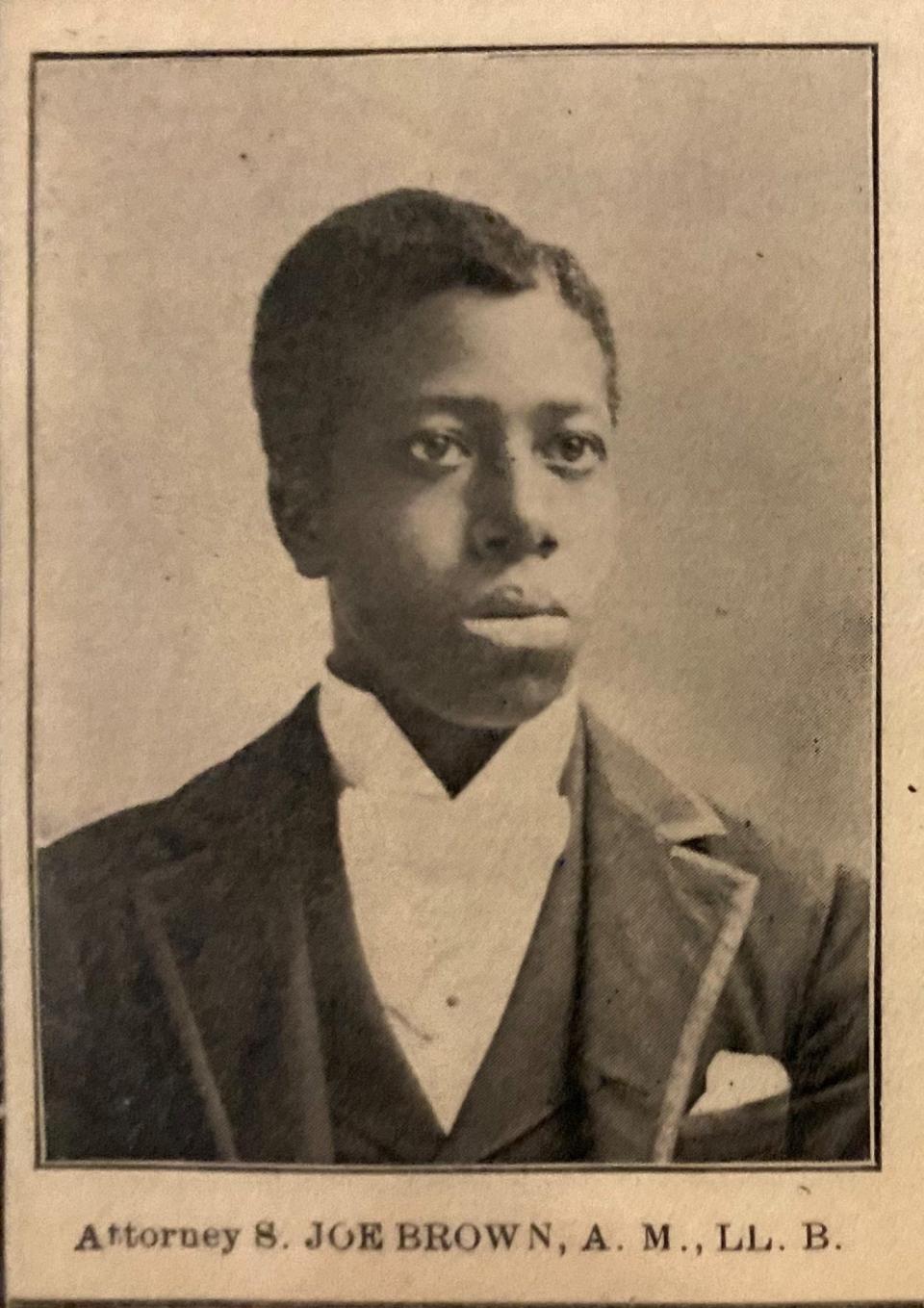Iowa History Month: Iowa’s Juneteenth roots run deep
It’s likely surprising to most Iowans that Black equality and freedom have been celebrated in our state since 1856. The Muscatine Evening Journal of July 31, 1856 shared an announcement that Black citizens of that town would commemorate the anniversary of emancipation of enslaved Blacks in the British West Indies in 1834. The program took place in a local grove.
The celebrants invited all “citizens of Muscatine” to witness a program that involved speeches and a dinner. Muscatine’s Black population was less than 100 people, but the community proved to be a center of equality, and set a tradition of emancipation celebrations that would spread across the state and continue into the 1950s.
Iowans celebrated emancipation events at three times of the year. A date near Aug. 1 honoring the anniversary of the liberation of about 750,000 enslaved people in the British West Indies in 1834 was the most popular. Iowans also celebrated emancipation events on Sept. 22 and Jan. 1. President Lincoln issued a preliminary emancipation proclamation on the September date, and Jan. 1 was the date the executive order went into effect. In spite of the colder season around New Year’s Day, it was often the date for events in Des Moines.

Research shows that more than 30 Iowa communities held Emancipation Day events ranging geographically from Clarinda to Sioux City and Dubuque to Keokuk. Towns and cities hosting festivities included Des Moines, Leon, Mystic and Mechanicsville. The Iowa State Bystander of Des Moines carried more than 150 “emancipation celebration” references in the period of 1894 to 1921.
Historian Leslie Schwalm of the University of Iowa has done some of the deepest and earliest work on these celebrations. She asserted Blacks through emancipation events “created a cultural form that drew from the more solemn, formal rituals of commemoration (such as prayers, orations, and recitals), the exuberant sociability of festivals (including music, dancing, food, and drinking), the public performance of civic and expressive culture (particularly in parades and processions), and the more private elements of indoor meetings shielded from the white public gaze (including 'experience meetings' held in black churches).”
By 1900, many Iowa towns in the two southern tiers of counties hosted events. Events in larger communities and county seat towns regularly attracted large crowds. The integrated, coal mining town of Buxton held a celebration early in its history in September 1901. The Bystander reported the event in Leon in August 1901 attracted 7,000 Black and white attendees.
The celebration in Albia in 1895 is a prime example of these events in the Hawkeye state and confirms Schwalm’s assessments of the events as civic and social celebrations. The Albia Friday Union of Aug. 16 reported the main activities were at the Monroe County Fairgrounds, but also “all day a crowd was in town.” It further elaborated that while it was organized by the Black community, “all Albia smiled and had a good time with them” and that “the fairgrounds were literally alive with colored and white humanity.” Food included “barbecued meats, … pies, cakes and other eatables.”

The mayor of Albia welcomed the attendees, followed by others. Mr. Wiles discussed the rights of Blacks and their loyalty to the United States. Rev. Jones of the African Methodist Episcopal Church in Oskaloosa gave a similar talk, while May Davis of Albia spoke on the history of slavery in England and the United States. A Mr. Sims of Washington, D.C. concluded the program with an address on emancipation.
These commemorations often featured parades and competitions. In Clarinda in 1901, two separate celebrations occurred, one on Aug. 1 and another on Aug. 6. The Clarinda Journal suggested the latter event was the better of the two. Highlights on that day included a morning parade where Georgia Stewart represented the “Goddess of Liberty” in a decorated carriage, a baseball game, a horse race and firemen’s race where the men carried a fire hose.
As Iowa’s coal mines closed in the 1920s, and the Iowans who had once been enslaved and their children passed away, emancipation events shifted almost entirely to larger cities by the 1930s. Sioux City, Waterloo, Davenport and Des Moines continued to hold programs, but by the 1960s most had ceased.
Celebrations of Black freedom ebbed from the state’s public events calendars but not the nation. Juneteenth, today a national holiday, honors the emancipation of Blacks in Galveston on June 19, 1865, the final group of Americans to be notified they were free. Texas communities honored “Emancipation Day” on or around June 19 in the decade following the Civil War. By 1915, it was being called Juneteenth. Milwaukee became the first Midwestern city to celebrate Juneteenth in 1971.
Davenport hosted a Juneteenth event in 1989 and Des Moines held an event in 1990. Des Moines became the home of the Iowa Juneteenth Foundation under the direction of Gary Lawson. The group worked to make it a state holiday, and achieved success in 2002. Iowa’s event preceded the national holiday by 20 years thanks to that group.
Today, Iowans can again find Juneteenth events across the state. We should be proud to honor this legacy of freedom and equality that was first celebrated in Iowa as organized by the Black community of Muscatine in 1856!
Leo Landis is the state curator for the State Historical Society of Iowa, which provided this essay as part of a series for Iowa History Month. For more information, visit iowaculture.gov.
March is Iowa History Month
To celebrate Iowa History Month, the Register has published weekly essays from leading state historians.
This article originally appeared on Des Moines Register: Iowa History Month: Iowa’s Juneteenth roots run deep
